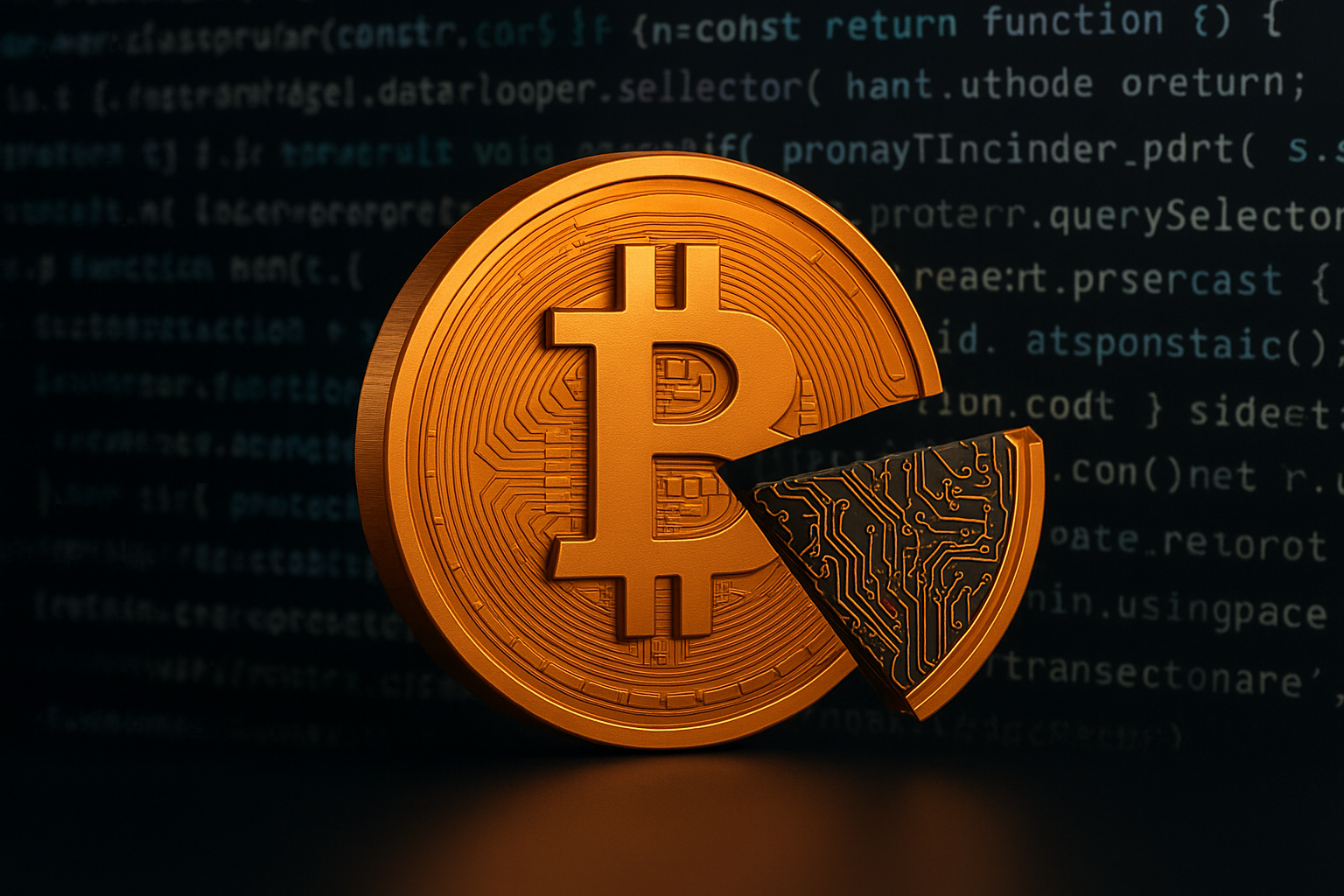Bitcoin Core Version 30 Set to Launch in October Amid OP_RETURN Controversy

The Bitcoin community is readying for the release of Bitcoin Core Version 30, expected around late October 2025, though the exact date remains fluid due to ongoing testing and heated debates among developers and node operators. This major update, detailed through merged pull requests and discussions on the Bitcoin Core GitHub repository, introduces significant changes to mempool policies, particularly around the OP_RETURN opcode, which allows embedding arbitrary data in transactions.
While the new release does not alter Bitcoin’s core consensus rules, its shift toward accommodating larger data payloads has ignited a firestorm of controversy, with critics warning of potential risks to decentralization and node operators, while proponents argue it enhances network efficiency. As the release approaches, the community remains divided on whether this is a pragmatic evolution or a dangerous departure from Bitcoin’s roots as a monetary system.
Stay In The Loop and Never Miss Important Bitcoin News
Sign up and be the first to know when we publishKey Updates and Community Divide
The most prominent change in Bitcoin Core 30 is the expansion of OP_RETURN data limits, increasing the default cap from 80 bytes to effectively unlimited, up to nearly 4MB per transaction output, constrained only by overall transaction size limits. This adjustment allows for larger embeds, such as images or videos, and supports multiple OP_RETURN outputs per transaction, a shift from the previous single-output restriction. The -datacarriersize configuration option has been redefined to permit significantly more data, though nodes will warn users that this setting is discouraged and may be phased out in future releases. Additionally, mempool and relay policies have been adjusted to accept larger payloads, aligning more closely with what miners might process, alongside minor tweaks to fee estimation and block propagation logic.
These changes have sparked intense debate, with critics arguing that relaxing OP_RETURN limits could flood the network with non-financial data, such as NFTs or large files, increasing storage and bandwidth demands on nodes. Some fear this could harm decentralization by raising costs for node operators. One of the most vocal critics has been long time Core developer Luke Dash jr, who argues that this new change will expose nodes to legal risks if illicit content is stored. Other prominent developers have voiced concerns, suggesting the update prioritizes data-heavy use cases over Bitcoin’s role as sound money. And with any passionate argument, there are extremists on all sides, for example Max Keiser, who said the OP_RETURN change is being driven by "woke" activist developers who are trying to "Charlie Kirk Bitcoin" implying, that they want to kill off Bitcoin. Of course nothing could be further from the truth. As it turns out, Keiser later went on to delete his post after people called him out on it, but the damage was already done.
Conversely, supporters argue that the changes address inefficiencies, as existing limits are bypassed through less efficient methods like inscriptions, which bloat the blockchain’s UTXO set and are harder to prune. Proponents also highlight improved network efficiency, noting that strict relay policies currently cause delays in block propagation and misalign with mining practices. By allowing larger data-carrying transactions to relay publicly, Version 30 could speed up dissemination, enhance fee estimation, and reduce reliance on out-of-band submissions that favor larger miners. This alignment is seen as a step toward fairness, leveling the playing field for smaller miners and fostering decentralization. The update also supports legitimate use cases, such as zero-knowledge proofs for bridges, while preserving user sovereignty through configurable node settings, ensuring operators retain control over their mempools. One of the biggest influential figures in Bitcoin, Adam Back, also made a post saying "I will be running bitcoin v30" showing his support for the change.
The controversy has led to accusations of policy capture, with some labeling the changes a “political backdoor” that ignores community objections. The merge process, particularly pull request #32406, faced significant pushback, with critics claiming it lacked broad consensus. Many node operators are considering sticking with Version 29.x or switching to alternatives like Luke Dash Jr.'s Knots node software to avoid the new defaults. For those upgrading to Version 30, options like -blockonly can disable transaction relay, offering a workaround for those concerned about data storage.
As Bitcoin Core maintains over 80% of node market share, the impact of Version 30 may be tempered by its non-consensus nature, potentially mirroring past debates like the louder UASF voices such as Samson Mow, during the Block Size Wars, where opposition ultimately was forced to give way to broader acceptance. With the release just weeks away, node runners are advised to review configuration options carefully and monitor official release notes for final details, including expected bug fixes and performance improvements. The coming months will reveal whether this update strengthens Bitcoin’s network or deepens divisions within its community.

